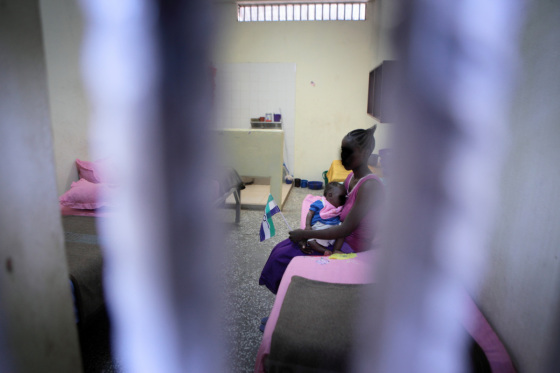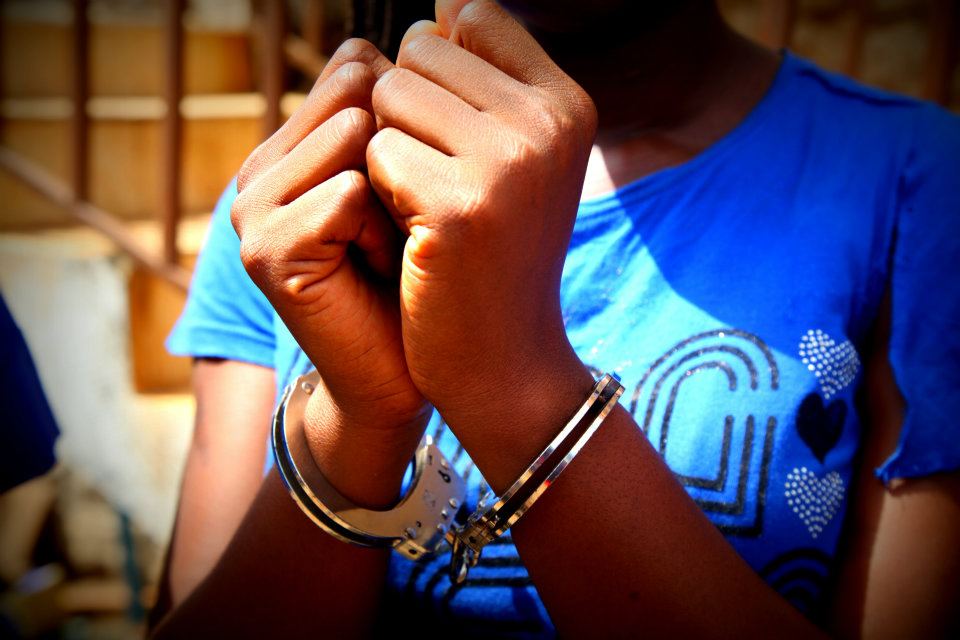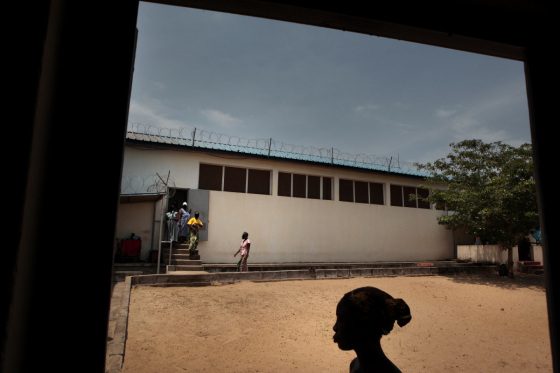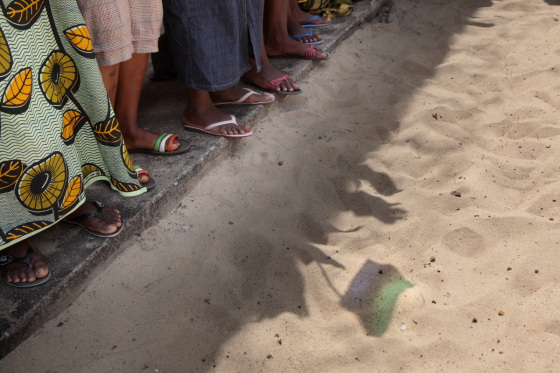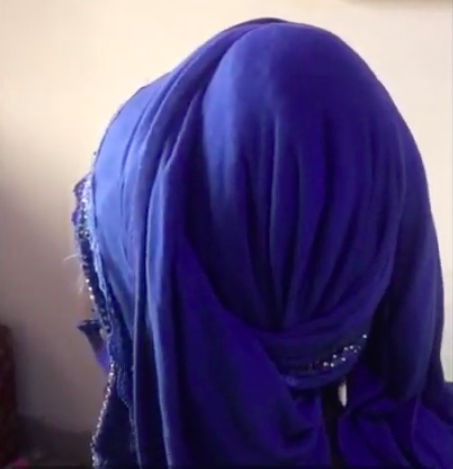COVID-19 Stories
Responding to the COVID-19 global pandemic, the Sierra Leone government introduced a State of Emergency to put in place prevention measures to prevent and stop the spread of COVID-19 in communities. We recognise that these restrictions are essential and rights protection has to be balanced with ensuring public health safety. However, it is important that protection measures do not prove counterproductive by disproportionately and negatively affecting the marginalised in our communities. The experiences shared by some of the women and girls AdvocAid works with highlight how such regulations and their enforcement can put women and girls disproportionately at risk of contact with the law.
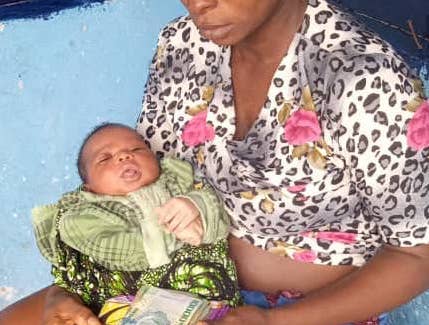
Felicia's Story
“Officer, I beg you… I cannot buy a mask. If I do, I won’t have money for food. My body will struggle to feed my poor suckling baby”.
Read on…
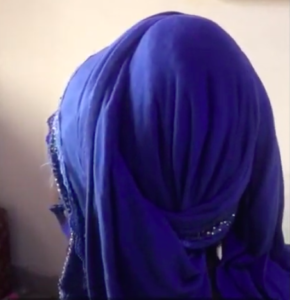
Hawa's Story
Hawa* is a young Muslim woman who runs a small kiosk business. One day as she travelled into town she was stopped by the police who asked why she was not wearing a mask. She tried to explain that with a full face covering niqab there is no need for a mask . However, the police continued to insist that she wear a visible mask.
Read on…
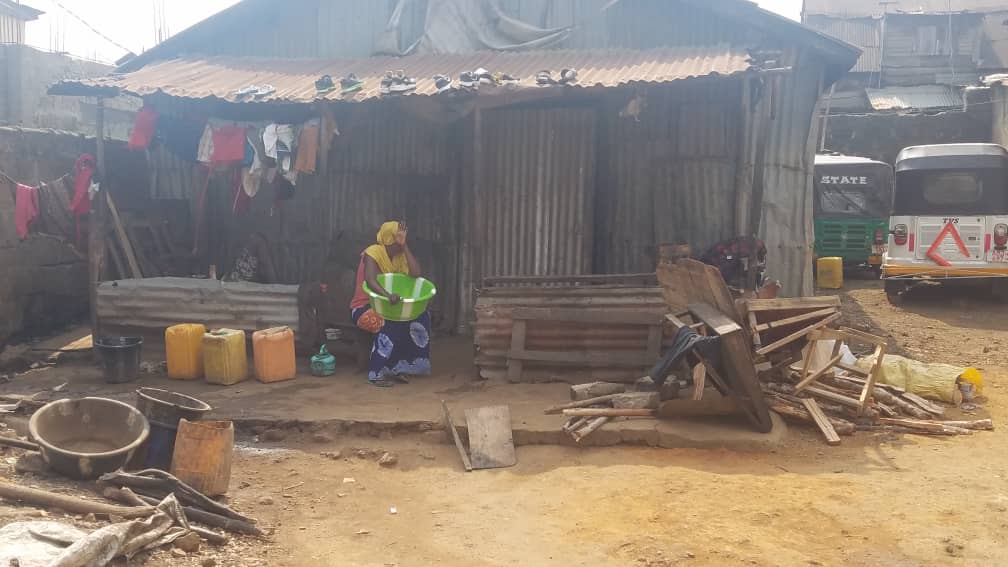
Amina's Story
Amina* is a 34 year old fish trader in Freetown. She buys fish in large quantities, dries them and then takes them to the provinces to sell on village market days. In February 2020, she took a Le 1,500,000 loan (approx $140) with 5% interest from a money lender in her community. She agreed to pay back the loan within six months.
Unfortunately the COVID-19 pandemic hit Sierra Leone soon after.
Read on…
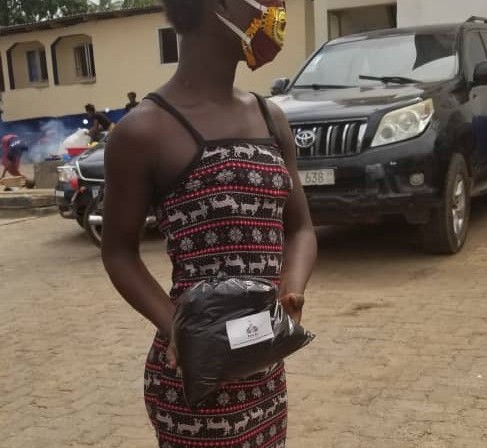
Arrested for Getting Food and Water During Lockdown
“I was so scared when I was arrested, I couldn’t say anything to the police.”
During Sierra Leone’s periodic lockdowns, Isatu*, a fourteen years old girl, one of the numerous women and girls arrested for going out to get necessities, like food and water, for their families.
Read on…
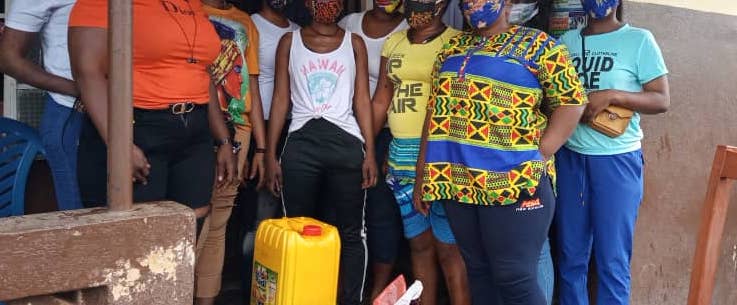
CSWs' Experience
According to Fatmata*, the chairlady of commercial sex workers living in Freetown, COVID-19 regulations, especially imposed curfews, made her and other CSWs’ lives even more vulnerable and precarious.
Read on…

